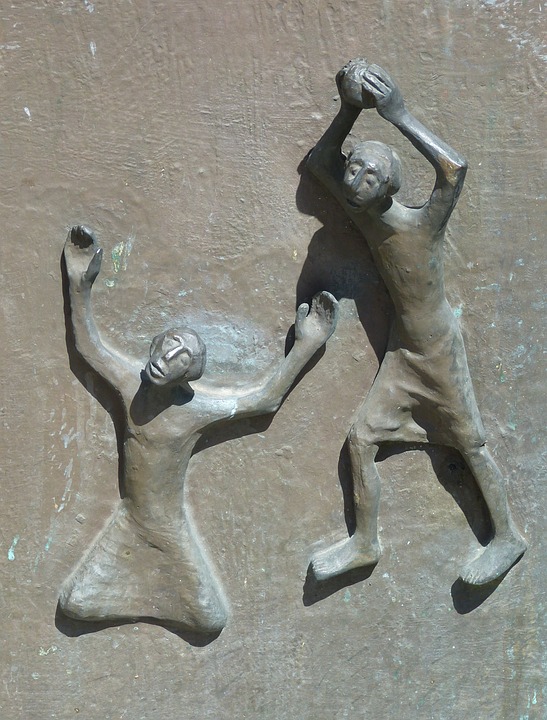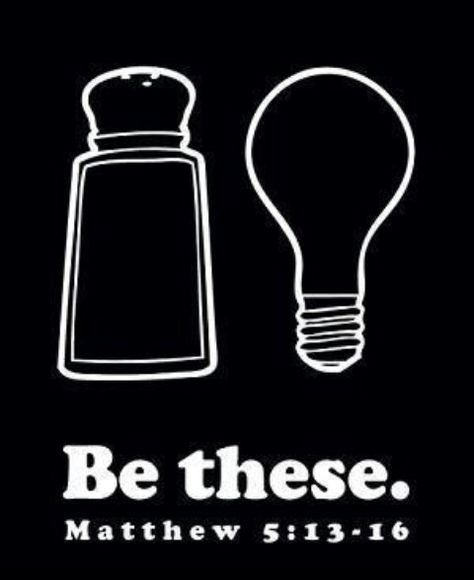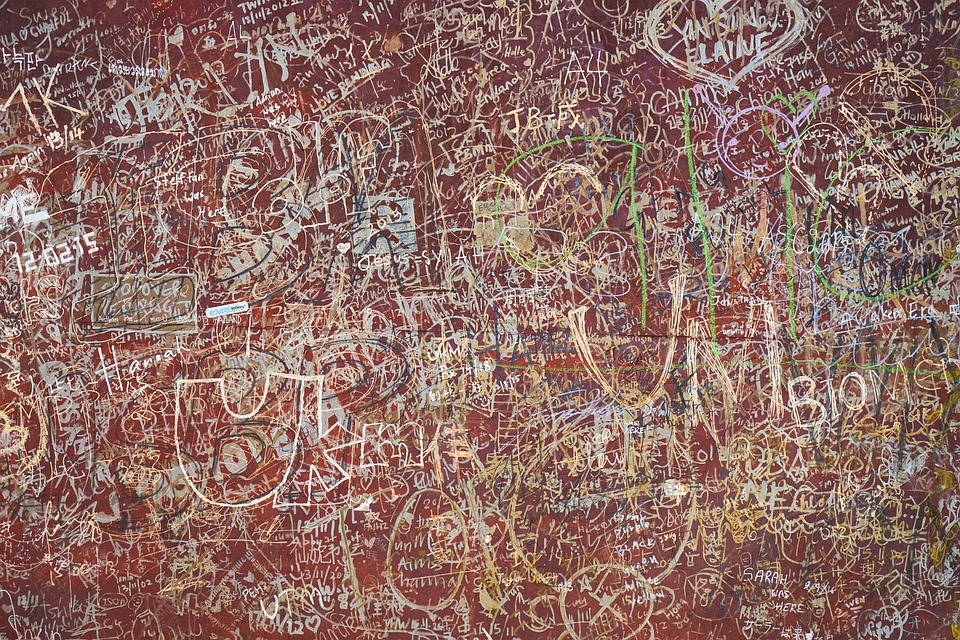Mene, meaning numbered. Tekel, meaning weighed. Upharsin, meaning divided. Mene, mene, tekel, upharsin. Numbered, numbered, weighed, divided. What the heck does that mean? Well, Daniel interpreted, accurately, by the way, the hand that appeared and the inscription left behind. We find this story in Daniel 5, and I’ve always been drawn to it.
Ever heard the phrase, “the writing on the wall” at any point in your life? You sure have. …And this is what it means in context:
Mene, God has numbered the days of your kingdom and they are at a close. Tekel, you’ve been weighed in the balance and found wanting. Upharsin, your kingdom is divided and given to the Medes and Persians. What sitting king wants to hear that? None, right? Ol’ King Belshazzar heard it though. And he earned every bit of it as near as I can tell.
Considering this biblical phrase and the origin from which it stems, what will it mean when you have someone use it properly upon you?
Provided they’re using “the writing on the wall” in context when you hear it, a negative connotation is expressed. Essentially, you’ve been judged and if that weren’t enough, you’ve been found inadequate. In Belshazzar’s case, throwing orgies and using the temple sacraments to get drunk wasn’t a smart move. His kingdom was forfeit for these kinds of acts, and within hours of a hand appearing and writing upon the proverbial wall, he was killed.
Today, we tend to use “the writing on the wall” as a description of an outcome that is otherwise inevitable. But we speak a richer language than we may know. This biblical references a story of sin and debauchery, and the outcome of such things. When you hear it from now on, it should mean more to you. Instead of hearing, “the writing on the wall,” from a buddy to which you quip, “it is what it is,” you should pause.

The writing on the wall was the judgment of God, not happenstance. And Belshazzar clearly ignored Him over, and over, and over in this story. Worse yet, much like the Lord’s address to Cain in the Genesis 4 story, we’re reminded that we know the problem, and we can make changes to avoid harsh punishments, which is a clear relay of responsibility upon us – we know the right thing to do and we’re not doing it! When the Almighty says to Cain, “If you do well, will your face not be cheerful? And if you do not do well, sin is lurking at the door; and its desire is for you, but you must master it,” He is relaying to us all, in no uncertain terms, that the ability and responsibility to get off our duffs and knock off the nonsense is firmly within our grasp.
We CAN deny sin. We CAN stop the poor things we’re doing to ourselves and others. We CAN master it. The question this begs now becomes much clearer.
Will we?
I pray salt and light surely become you and you them.


